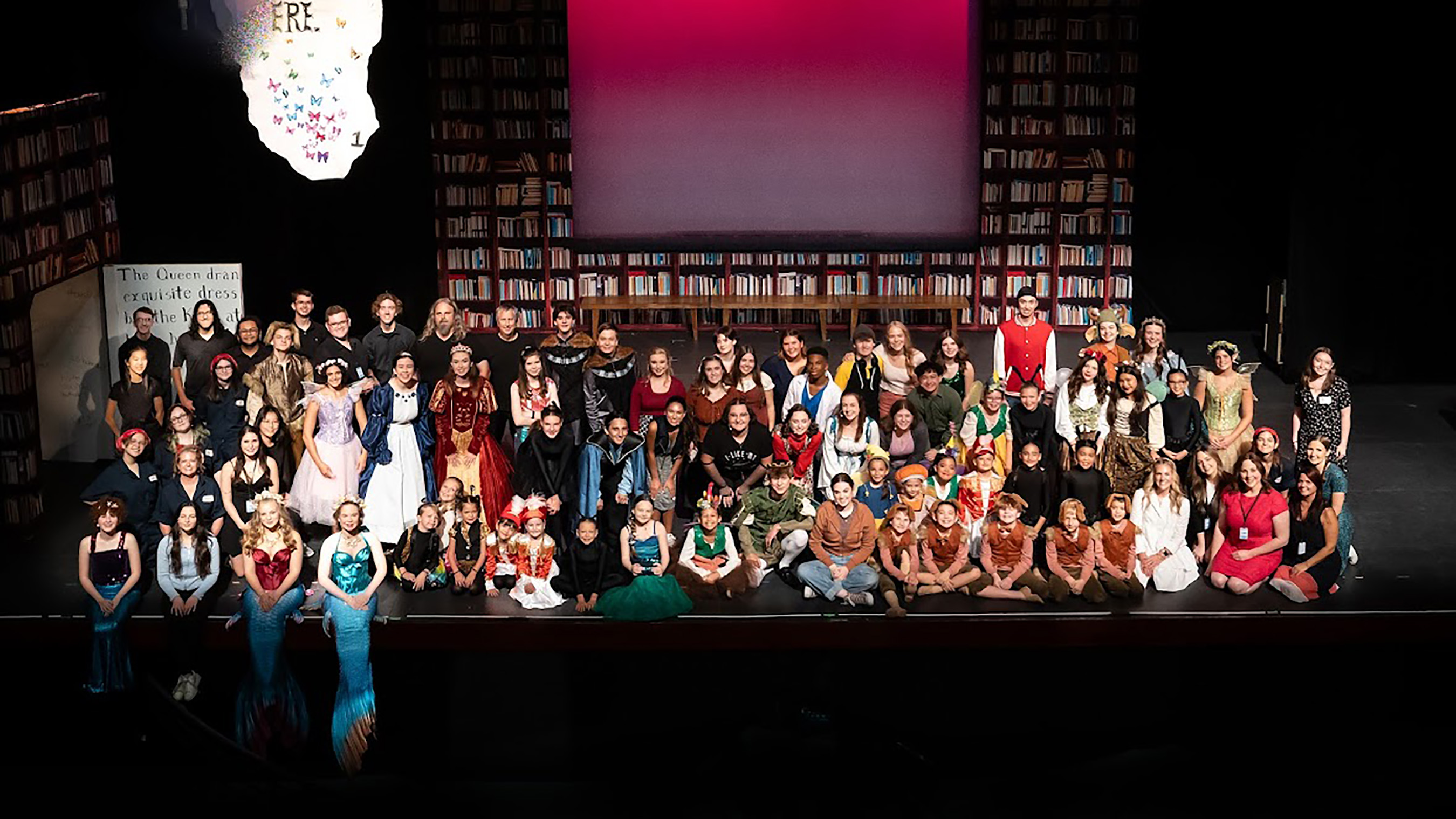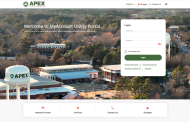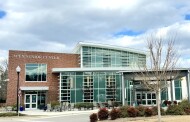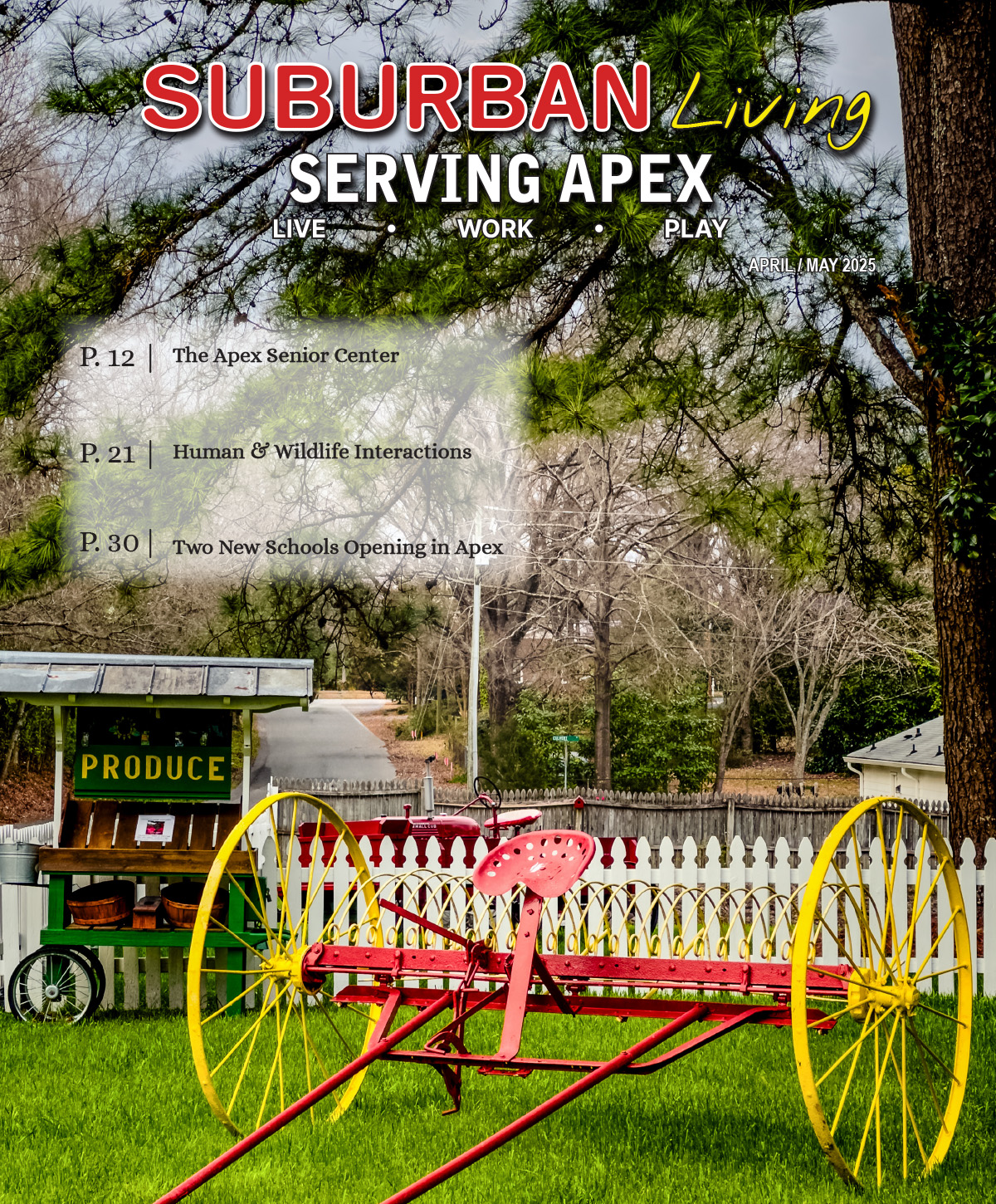Recently I had the opportunity to talk with Vicki Earl, president and grant advisor of the nonprofit Carolina Academy of the Performing Arts Theatre, Inc., not to be confused with Carolina Academy of the Performing Arts (CAPA), which is a theater arts training conservatory. The two are, however, tied together in that one is attempting to meet the urgent needs of the other. The need for space, a lack of which is causing several arts programs in our area to close their doors. These programs need a permanent, affordable, and secure performance and rehearsal home, and building this space is the mission of CAPA Theatre (non-profit).
CAPA (conservatory) is a prime example of this space problem. During the school year, it is a conservatory where students ages 6–21 are trained in singing, dancing, and acting. Since starting, it has grown quickly. At any given time, there could be up to 100 students in CAPA. They have always rented space from a church, but the program grows and soon they outgrow the space allotted and have to move again. They have had to move homes three times. Currently, CAPA (conservatory) is housed at Hope Church on Tuesdays and Thursdays. They have grown such that if they had the space, they could be offering much more programming.
Other arts programs in this area are facing the same issues. In fact, three programs have closed their doors due to lack of space to rehearse and perform. These include music programs and orchestra programs. Programs start and they get a huge turnout, then they have no place to go. They cannot afford the high rent in this area in addition to paying staff. Although there are some programs that do rent rehearsal space, they have to perform at other places and move from school to school or church to church.
Currently, CAPA (conservatory) alone is too big for Fuquay-Varina, Holly Springs or Apex cultural centers. Its students recently performed in the play “Between the Lines” at the Martin Marietta Center for the Performing Arts in Raleigh, and they filled its 600 seats for all three performances.
CAPA Theater (non-profit) was formed to address this need for space. They want to build a theater in this area, a youth performing arts center that meets the needs of various performing arts programs. The purpose is to save the arts in our area and let all the kids and families who thrive on performing arts have their space, a home and a place to perform.
Vicki Earl explains the problem: “We are finding that all of the conservatory programs for the performing arts, the ones that are thriving, are located toward Wake Forest and North Raleigh, over an hour away. Families in this area whose kids perform at this high level in the arts—whether it be orchestra, theater, or dance—their children train 2-5 days a week and [parents] can’t drive an hour one way that often and still allow their kids to do well in school and go to multiple training programs. So, we want to address that need in this area by partnering with other arts organizations like CAPA, and they would become resident training programs for this new theater that the non-profit is going to build.”
The CAPA Theater (non-profit) plan is to build a facility in or around the Apex/Holly Springs area and serve students from across the Triangle with the main focus on students in Southwest Wake County. It would be a building that would belong to the CAPA Theatre non-profit, and CAPA, the conservatory, would be one of the programs that shares that space with others. If the facility is built big enough, the space could meet the needs of multiple programs. Resource sharing is seen as the way to keep these programs from leaving, the way to use funding most efficiently.
Vicki notes, “If we can give the students in this area high-quality ball fields and high-quality schools, if we are getting a world-class hockey ice center in this area, if we are getting all this new business in the area, why can we not have performing arts in the area? We have a whole population of students who thrive on music, the performing arts, playing their instruments, dance, orchestra, and even unique art forms such as bluegrass music, puppetry, mime. . . We could create it affordably in a one-stop-shop if we just had the money to build a space to do this. We should be able to provide this for the families in this area, and Carolina Performing Arts Theater wants to make this happen.”
“We don’t want to rent space,” Vicki says, “We don’t want funders to pay for rental space for these programs.” She explains that if multiple non-profit organizations join together and share this space and the resources inside the space, then they are sharing music stands and costuming and theater space and training space—not trying to compete with each other but, rather, trying to help each other exist.
Partnership collaboration will exist as part of this theater. Once built, several things could be done out of this space. There could be a resident training program, a home for training programs that don’t have a home to rehearse. Other programs could be partners who already have rehearsal space but need a bigger place to perform. Some programs may need resource sharing, like shared training, or equipment. There could be shared funding and shared grants.
Also, this center would be a place for entertainment. Some local students have been on Broadway, and their Broadway friends want to know if they can come here and perform. This center could give them a place to perform on a weekend. High-level national talent could bring high-quality entertainment to the area. And with a 600-seat theater, bigger names could be hosted.
The hope is to build this center from the ground up, but the non-profit’s organizers are not opposed to an existing building that could be remodeled. They are finding, however, that buildings in this area are limited, and most space is taken. Therefore, the non-profit is looking for three things:
Donation of land or contributions for purchasing land
Donations of parts of the building or sponsors for parts of the building
Temporary space. In other words, if a business or individual has access to any space in their current facility that they could loan while this new facility is being built, then the resources the non-profit has could be used toward the new building instead of rent.
How will the CAPA Theater (non-profit) fund this project? Vicki explains, “It is a whole bunch of people with a little bit of money with the same vision.” They hope that sponsors who have helped fund temporary space will make a larger commitment to help fund this new permanent space. They are also looking at resource sharing, pooling resources with other dance, orchestra, and theater programs. Beyond that, they will be asking local business sponsors to invest in making this community a great place for families to live. If they could get some of the new businesses coming in, or some of the existing businesses, to sponsor parts of it, they may have the opportunity to name a theater. In addition, once a collaborative is formed, they could ask for money together instead of each asking individually, and together they could turn to agencies such as the United Arts Council. Lastly, they will be looking for private donors. Anyone that is a private donor and is interested in seeing such a center being built, could possibly have the facility or rooms in the facility named after them.
CAPA Theatre (non-profit) is looking for other arts programs to contact them, ones that are in need of a home, too. They are asking area residents and businesses if they are interested in hearing more about this center or sponsoring part of a facility in our area. And they are also looking for individuals who want to volunteer in the non-profit to help make this happen, or individuals who would like to donate even a small amount to make this happen.
Vicki is confident this theater is going to happen. She says, “Right now, it is in the spread-the-word phase. Get the word out and let the people know, particularly in Fuquay-Varina, Holly Springs and Apex, that this will exist in your hometown or close enough to you, so you are not going to have to drive to Raleigh. So, if your kid loves the arts or is involved in a current arts program, support this. Connect us to your arts program and maybe your arts program could also participate out of this arts center, so that your arts program won’t close and ours won’t either.”
Anyone who is interested in learning more can email theatercapa@gmail.com or visit the CAPA website at mycapa.org and look for the non-profit tab.








